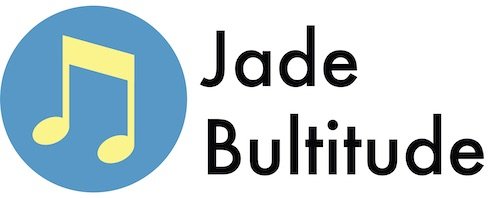D Note on The Staff
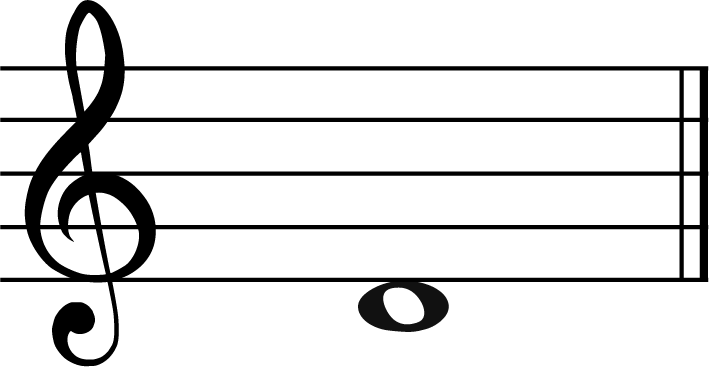


D Note on the Piano and Keyboard

D Note Accidentals
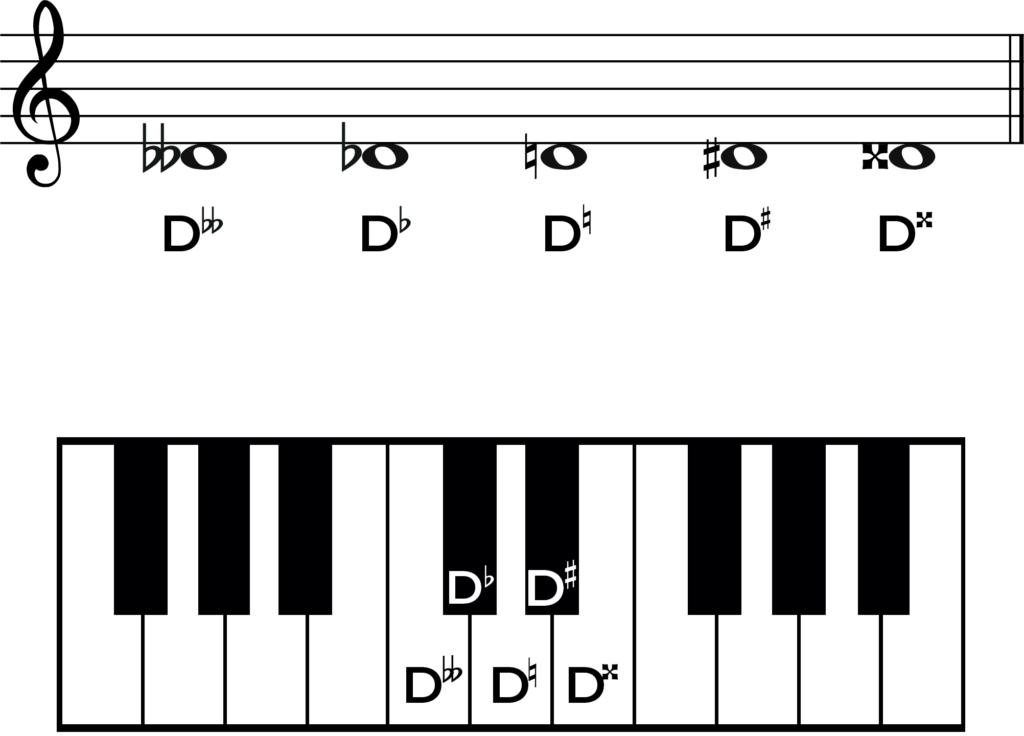
D Music Notes in Different Clefs
Treble Clef – D

Bass Clef – D

The D below middle C (D3) sits on the third line of the bass clef.
Alto Clef – D

The D above middle C (D4) sits on the third space of the alto clef.
Tenor Clef – D
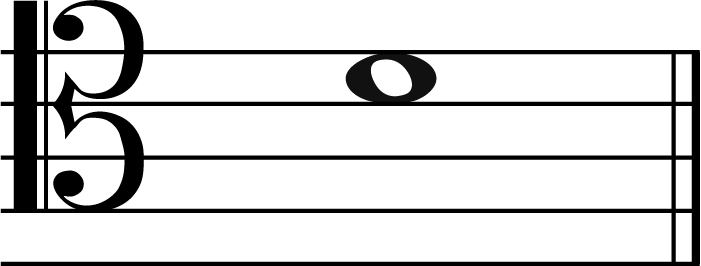
The D above middle C (D4) sits on the fourth space of the tenor clef.
Mezzo- soprano – D
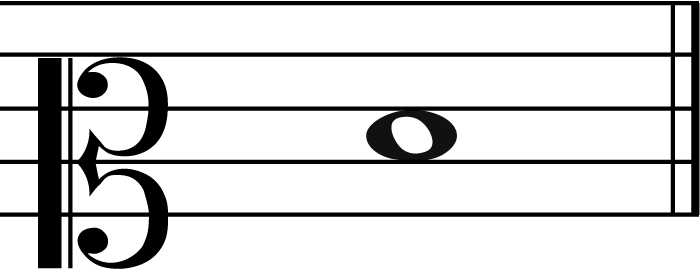
The D above middle C (D4) sits on the second space of the mezzo-soprano clef.
Soprano Clef – D
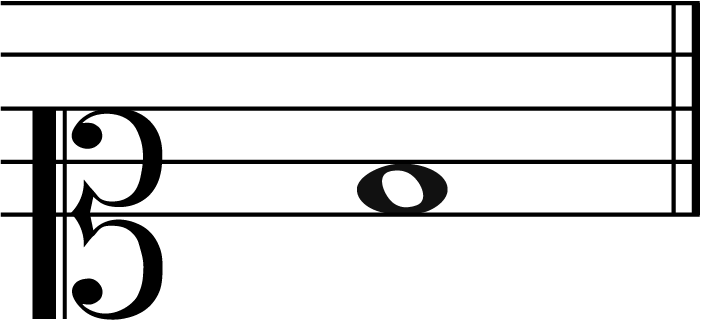
The D above middle C (D4) sits on the first space of the soprano clef.
Baritone Clef – D

The D below middle C (D3) sits on the second line of the baritone clef.
Popular Scales starting on D
D Major
The major scale formula is W-W-H-W-W-W-H, where W= whole step and H = half step. Below is the D major scale.

D Natural Minor
The natural minor formula is W-H-W-W-H-W-W. Below is the D natural minor scale.

D Harmonic Minor
The harmonic minor formula is W – H – W – W – H – W1/2 – H. Note that this scale has a three semitone step or a whole-step-and-a-half.

D Melodic Minor
When ascending the melodic minor scale follows this pattern: W-H-W-W-W-W-H.

When descending it follows the natural minor pattern.

Modes Starting on D
Below are the modes that start on D.

Frequency of D Music Note
Using the equal temperament tuning system, the A above middle C is 440 Hz. This means that the D above middle C would be approximately 294 Hz.

Solfege D Note

In the solfege system, the syllables Do, Re Mi, Fa, Sol, La, Si are used to refer to the notes names, C, D, E , F, G, A, B.
The D music note in solfege is referred to as ‘Re’,
What’s Next…?
- Learn about Chords in the Key of D Major
- Learn about more music notes with our music theory basics guides.
